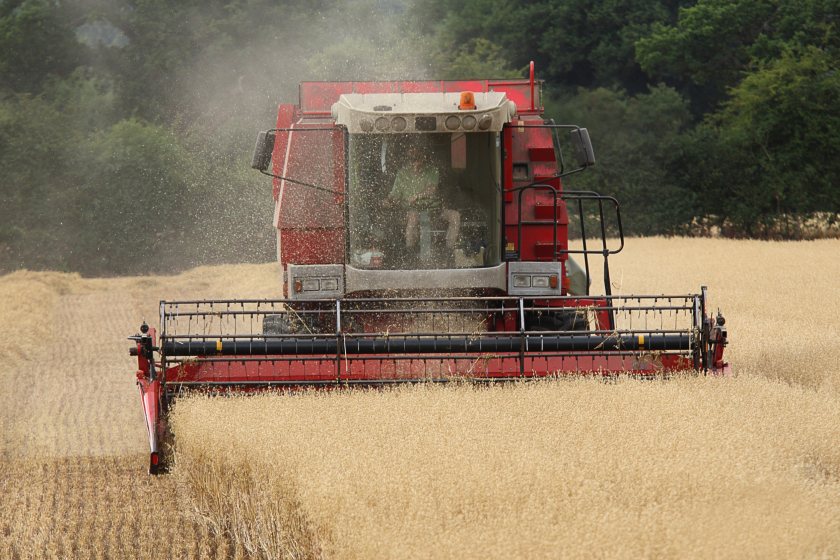
A new study aims to put farm assurance for cereals and oilseeds under the microscope, with fresh research set to guide future decisions on crop standards and imports.
The AHDB Cereals and Oilseeds Sector Council has approved the study, which will examine current assurance systems and standards for imported combinable crops.
The levy organisation's work responds to recommendations made in the Farm Assurance Review and will gather insight from across the industry.
Analysts will assess existing grain standards and related legislative requirements, aiming to provide evidence that will help inform both government and industry.
The research seeks to clarify how assurance schemes currently operate in the UK and for imports, while highlighting opportunities to strengthen support for the sector.
As part of the Farm Assurance Review, AHDB was asked—through consultation with industry stakeholders—to consider new approaches for combinable crops and to evaluate imported food standards.
The findings will be published in four stages between January and October 2026. The first stage will identify the differences between UK Farm Assurance systems, their associated standards and relevant legislation.
The second stage will examine the legislative requirements for both domestic and imported grain.
The third stage will assess how Farm Assurance helps meet legal and contractual obligations across the supply chain, while also comparing these standards with those applied to imports.
Finally, the fourth stage will explore how the UK could continue to meet legislative and contractual requirements if Farm Assurance were adapted or removed altogether.
Tom Clarke, AHDB sector council chair, said: “This project demonstrates AHDB’s commitment to ensuring there is a meaningful and insightful research paper into farm assurance to the benefit of cereals and oilseeds growers and the wider supply chain.
“The sector council are also fully committed to providing levy payers with the best possible understanding of how assurance in the cereals and oilseeds sector currently works and the potential for making improvements that benefit our industry.”
